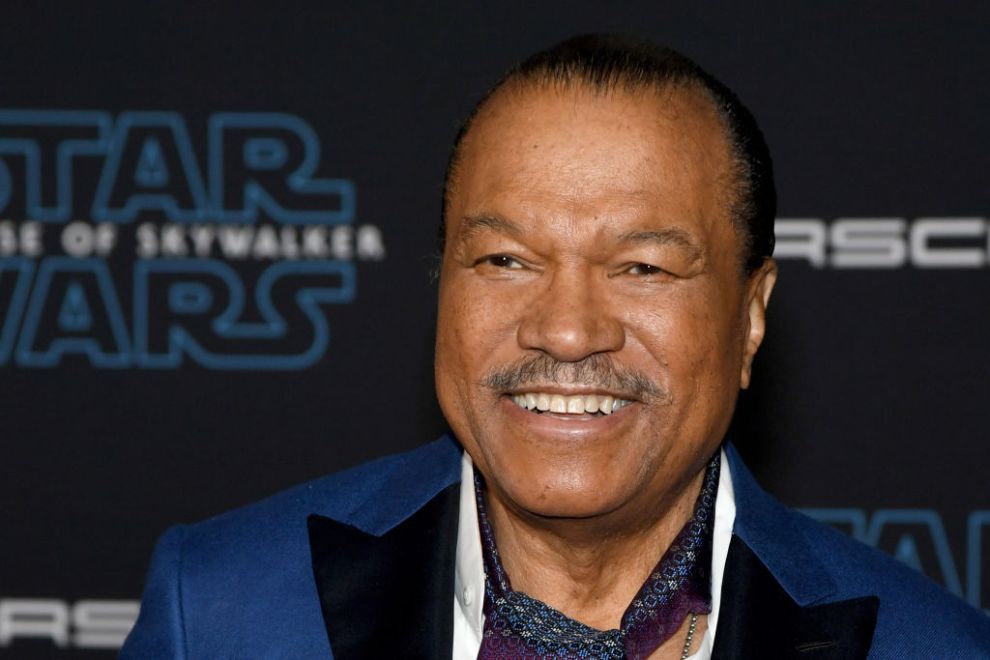In a recent episode of the Club Random podcast, actor Billy Dee Williams expressed controversial views on the use of blackface in acting. The conversation ignited when Williams reminisced about Laurence Olivier’s portrayal of Othello in the 1965 film adaptation, where Olivier donned blackface.
Williams found Olivier’s performance “really interesting” and even described it as hysterical, emphasizing his admiration for the creative liberties Olivier took in embodying the character.
Billy Dee Williams’ Advocacy for Black Face
The discussion took a provocative turn when host Bill Maher suggested that such portrayals would face heavy criticism in today’s social climate. Maher argued that societal norms would no longer permit the use of blackface in entertainment.
To this, Williams responded adamantly, asserting that actors should have the freedom to explore any role they desire, irrespective of societal constraints. He firmly stated, “If you’re an actor, you should do anything you want to do.”
Maher, alluding to the historical context of racial segregation in America, challenged Williams, suggesting that there were limitations imposed on actors of color during certain periods. However, Williams refused to accept the notion of victimhood, emphasizing his belief in individual creative agency.
Reflecting on his own identity, Williams expressed a desire to be recognized as an individualist rather than confined by racial categorizations. He emphasized, “I’m an artist. I’m a creative entity in this life.”
Williams’ perspective on blackface is particularly controversial given its deeply rooted history in racial stereotyping and mockery. Originating from 19th-century minstrel shows, blackface performances perpetuated harmful stereotypes of Black individuals, serving as a tool for the denigration of African American culture.
Despite its historical context, Williams advocates for the artistic freedom of actors to transcend societal taboos. However, his stance raises ethical questions about the responsibility of actors in perpetuating racially insensitive portrayals.

